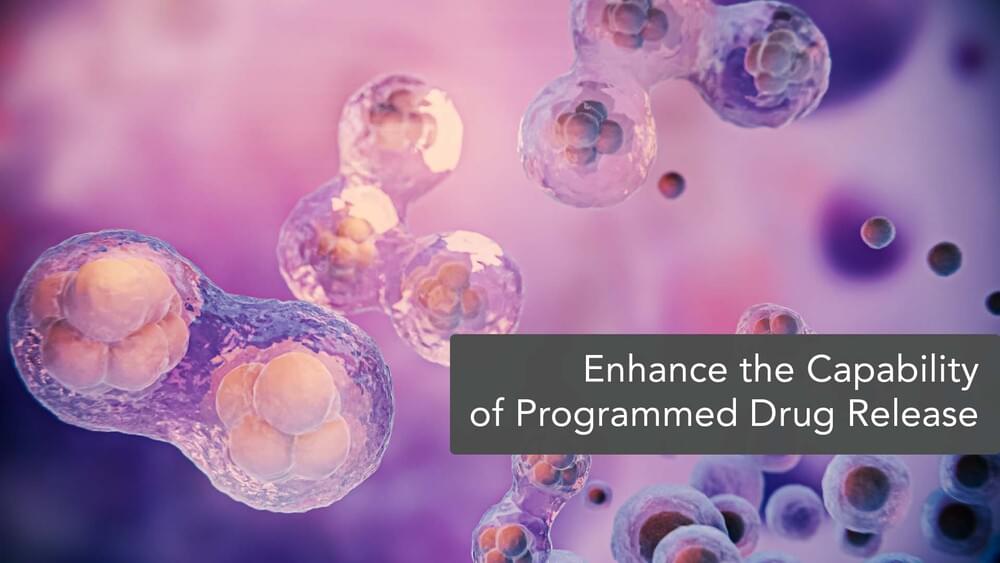This research designed polymersomes with inhomogeneous membranes capable of programmed drug release with accurate control by modifying the molecular architecture and photo-cross-linking degree of the polymer. The process involved introduced crystalline PCL moiety as part of the membrane’s molecular structure via the synthesis of three polymersomes with different hydrophobic chains, PEO43-b-P(CL45-stat-CTCL25), PEO43-b-P(CL108-stat-CTCL16), and PEO43-b-PCTCL4-b-PCL79. As a result of the amorphous PCTCL moieties in the membranes, high permeability with finely tunable drug release rate was achieved. A series of mesoscopic dynamics (MesoDyn) simulations and doxorubicin release tests affirmed that the membrane permeability is indeed related to the membrane phase separation of the polymersome. In conclusion, membrane phase separation technique used for the modification of polymersomes improved programmed drug release rate; thus, promising great significance in the field of drug delivery.
In the field of biomedicine, small molecules relied on membranes such as polymersomes as carriers for drug delivery. Thus, the effectiveness and efficiency of drug delivery become key focus points when considering treatment development for a range of diseases, including cancer. Despite being heavily researched and among the promising choice as drug delivery vessels, conventional polymersome membranes lack efficiency due to its homogeneity, making it harder for the drug to be released. This led to recent research centering their attentions in modifying and customizing polymersome membranes to allow programmed release of small molecular drugs to meet the demands of biomedical practices. As a continuation of past efforts, this research intends to overcome the challenge of high permeability of the PCTCL-based polymersomes caused by their amorphous nature, rendering it efficient to deliver small molecules for broader applications.
As the global population continues to expand along with longevity, the importance and use of medicines are expected to increase. However, this will lead to a greater impact on the ecosystem and our health in the long term. Hence, there is a growing need to support precision medicine and to reduce ineffective medicine use which could burden patient, society and environment in the long run. The outcome of this research, the enhanced capability of programmed drug release via the modification of polymersomes, meets such demand. (SDG 3: Good health and well-being)
